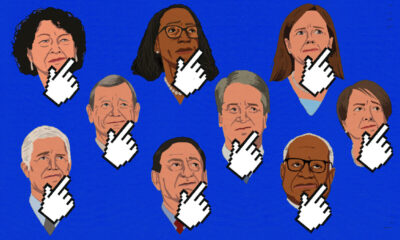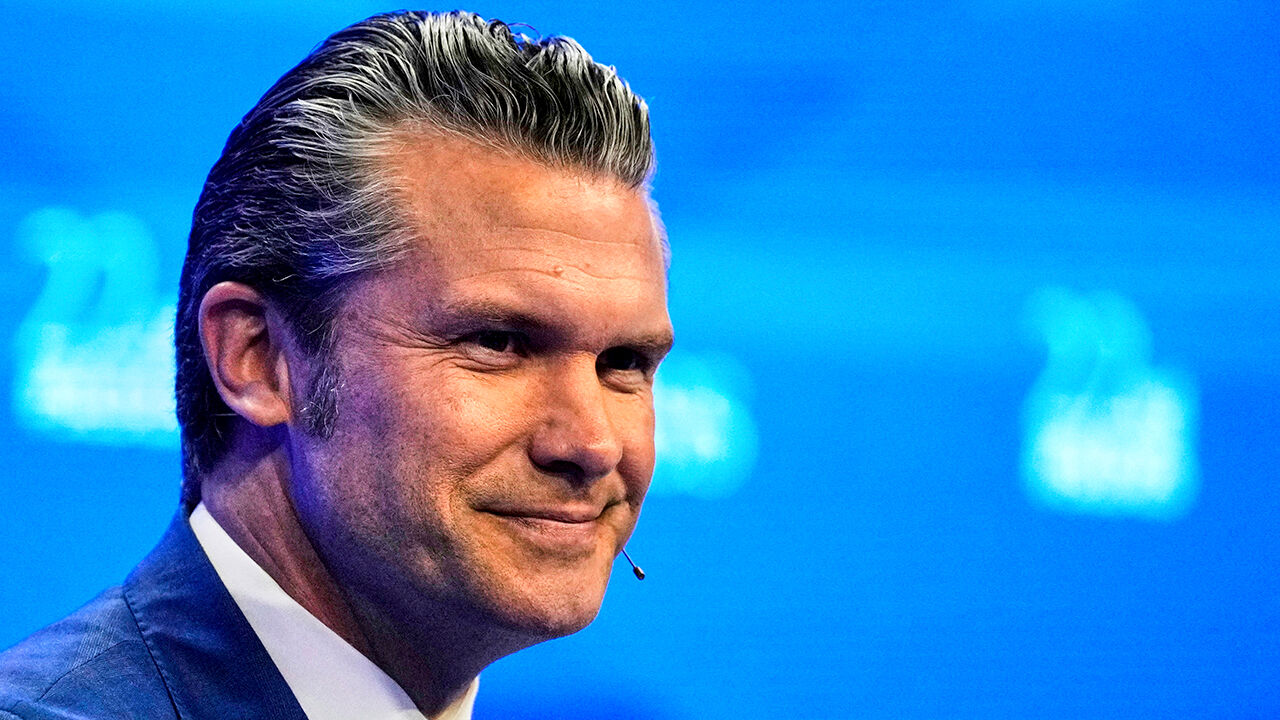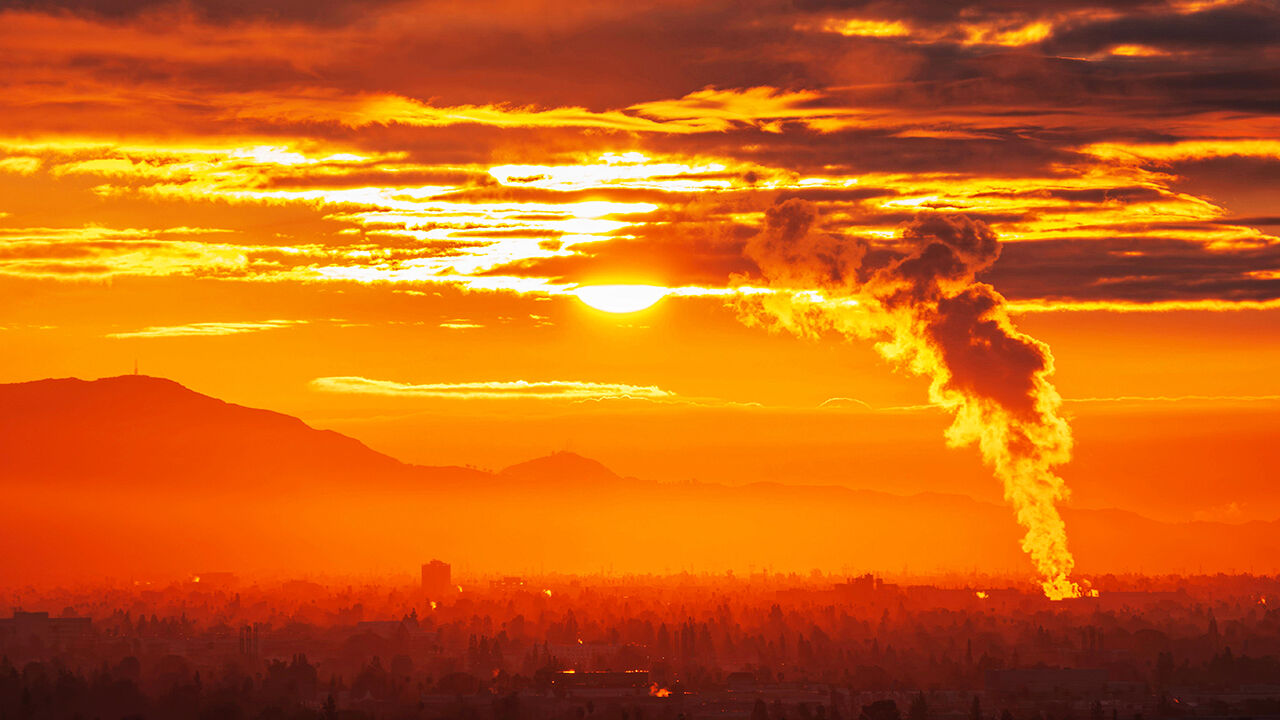Economics
Understanding the Republican Party’s rightward march
-

 Economics1 week ago
Economics1 week agoElon Musk says Trump’s spending bill undermines the work DOGE has been doing
-

 Accounting1 week ago
Accounting1 week agoHighest paid jobs in corporate accounting
-

 Blog Post5 days ago
Blog Post5 days agoCommon Bookkeeping Challenges and Solutions for Small Businesses
-

 Economics1 week ago
Economics1 week agoHow young voters helped to put Trump in the White House
-

 Personal Finance1 week ago
Personal Finance1 week agoHarvard, Trump international enrollment battle affects college applicants
-

 Economics6 days ago
Economics6 days agoWhy the president must not be lexicographer-in-chief
-

 Personal Finance1 week ago
Personal Finance1 week agoCrypto in 401(k) plans: Trump administration eases rules
-

 Finance1 week ago
Finance1 week agoVail Resorts, GameStop and more



















